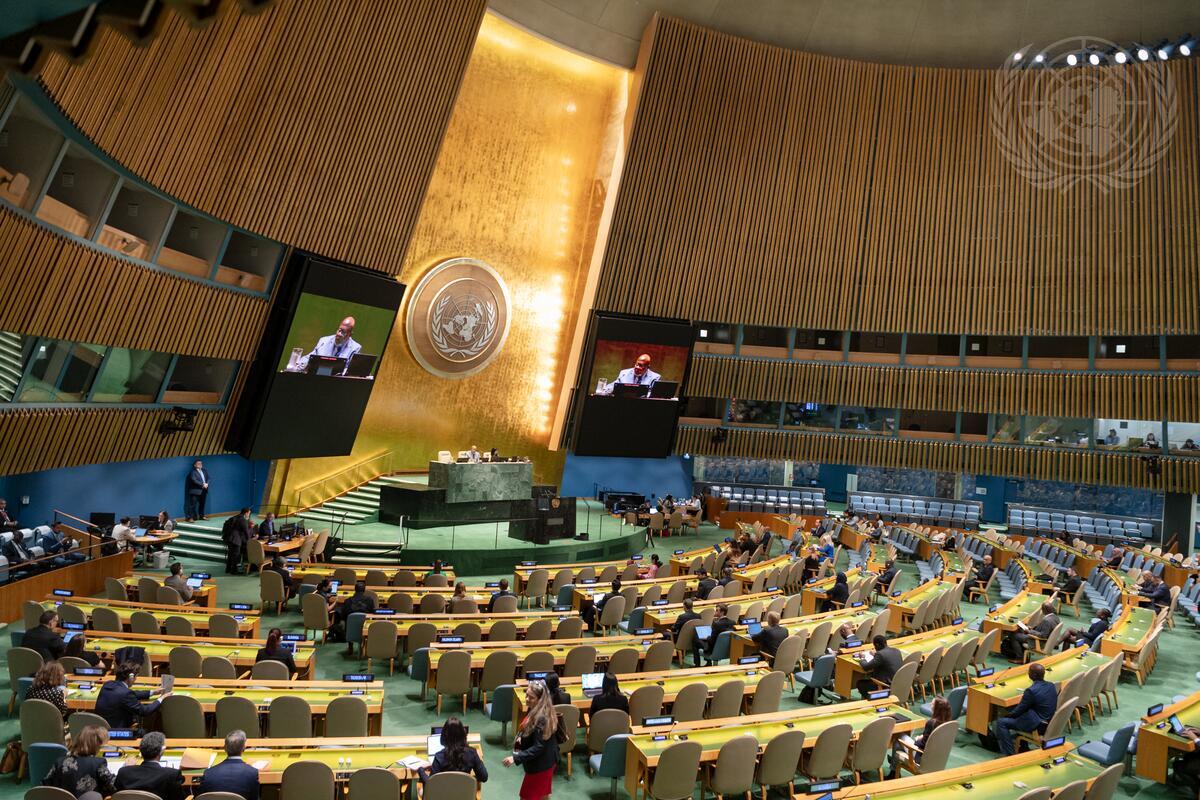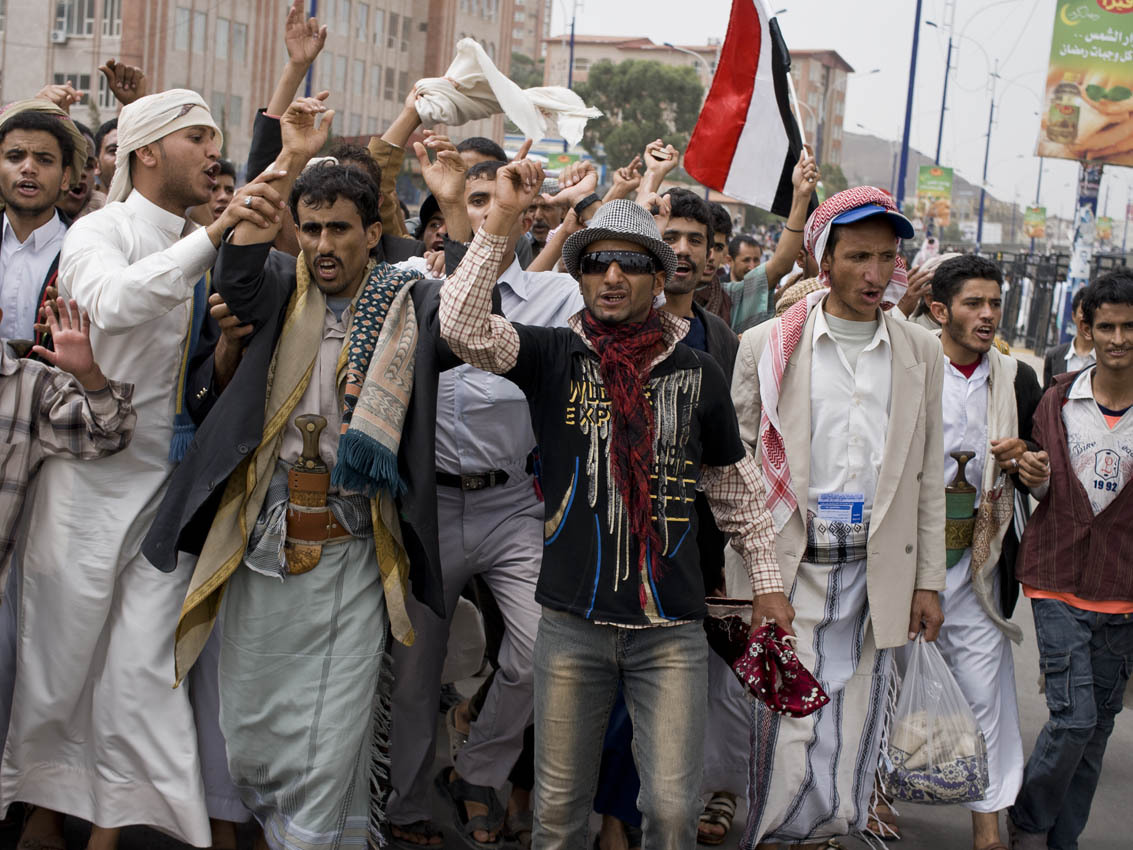We all want a world where we live in peace. A world where we, as civilians, are protected from attacks and abuses. As the situation in Yemen continues to deteriorate in what the UN calls “the largest humanitarian crisis in the world”, we are far from this vision of a peaceful, safe and free world. Renewing the mandate of the Group of Eminent Experts on Yemen would allow the international community to maintain and strengthen efforts to deter ongoing violations and abuses of international law by all parties to the conflict, and to ensure that perpetrators are held to account.
The Group of Eminent Experts on Yemen were appointed by the Council in September 2017 to carry out a comprehensive examination of all alleged violations of international human rights law committed by all parties to the conflict since September 2014. The parties to the conflict include the Popular Committees (Houthi/Saleh forces), the Hadi-government forces supported by the Saudi-led coalition, and the Islamic State/Al-Qaeda forces.
Over the last year, parties to the conflict have regularly restricted humanitarian aid; repeatedly attacked civilians and civilian infrastructure, including schools and hospitals; harassed and intimidated human rights defenders; and conducted arbitrary arrests, detentions and executions. Despite these widespread violations, all sides to the conflict have failed to conduct credible investigations into abuses.
ISHR joined over 50 organisation to urge States to to support the renewal and strengthening of the mandate of the Group of Eminent Experts on Yemen through the enhancement of its reporting structure and strengthening language on accountability, as a matter of priority at the upcoming 39th Session of the UN Human Rights Council, taking place from 10 – 27 September.
Since the 36th session of the Human Rights Council when the mandate was created, deteriorating and appalling conditions as a result of this “entirely man-made catastrophe” have continued to put the lives and well-being of millions of civilians in Yemen at risk, and turned Yemen into the world’s largest humanitarian crisis. These conditions are exacerbated by continuing grave and widespread violations and abuses of international human rights law and international humanitarian law.
The organisations warned that, should the Council fail to renew the mandate of the Group of Eminent Experts, this would send a dangerous signal to parties to the conflict that violations of international law may be perpetrated in Yemen with impunity.
The renewing and strengthening of the mandate of the Group of Eminent Experts will provide victims of violations with an opportunity to have their voices heard and pave the way for justice and accountability.
Read the joint letter here.
Contact: Salma El Hosseiny: [email protected]
Photo: Commons Wikipedia




